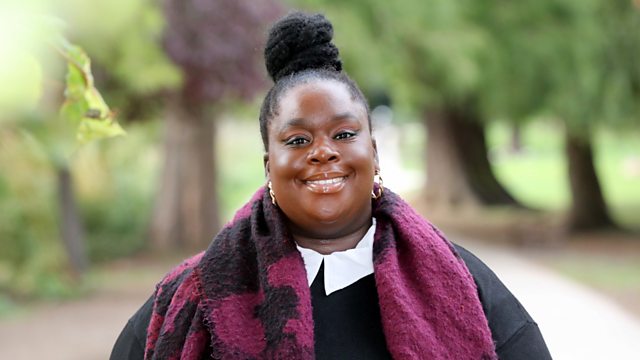‘It was an uphill battle - I had to insist that I needed some sort of scan because something wasn’t right’
Why are Black women in England more likely to be diagnosed with late-stage cancer?
New research from Cancer Research UK and NHS Digital has revealed that Black women from Caribbean and African backgrounds are more likely to be diagnosed with cancer at later stages when treatment is less likely to be successful. This study is the first to show that ethnicity is a significant factor in late-stage diagnosis.
To discuss the reasons for this inequality Nuala McGovern was joined on ¥ÛœÛ¥´√Ω Radio 4's Woman's Hour by Kruti Shrotri, Head of Policy Development at Cancer Research UK, and Adobea Obeng, who sought medical help three times over two years before she was diagnosed with incurable breast cancer at 31.
The Government's Department of Health and Social Care said: “More patients are being diagnosed and starting treatment earlier with 92 community diagnostic centres open since 2021 delivering over 3 million tests, scans and checks including to detect cancer. We also recently announced a £10million investment in more breast cancer screening units as well as software and service upgrades.
“The NHS Help Us Help You awareness campaign includes advertising targeted to reach Black, Asian and Minority Ethnic groups to address challenges to earlier diagnosis such as fear of what might be found.
“Addressing cancer together with other conditions in a joined-up strategy will allow us to focus where there are similarities in approach and ensure care is focused on the patient.”
You can listen back to the full discussion on ¥ÛœÛ¥´√Ω Sounds - it's the episode from 22 February 2023.
Duration:
This clip is from
More clips from Woman's Hour
-
![]()
The young female funeral director busting taboos around death
Duration: 01:53






